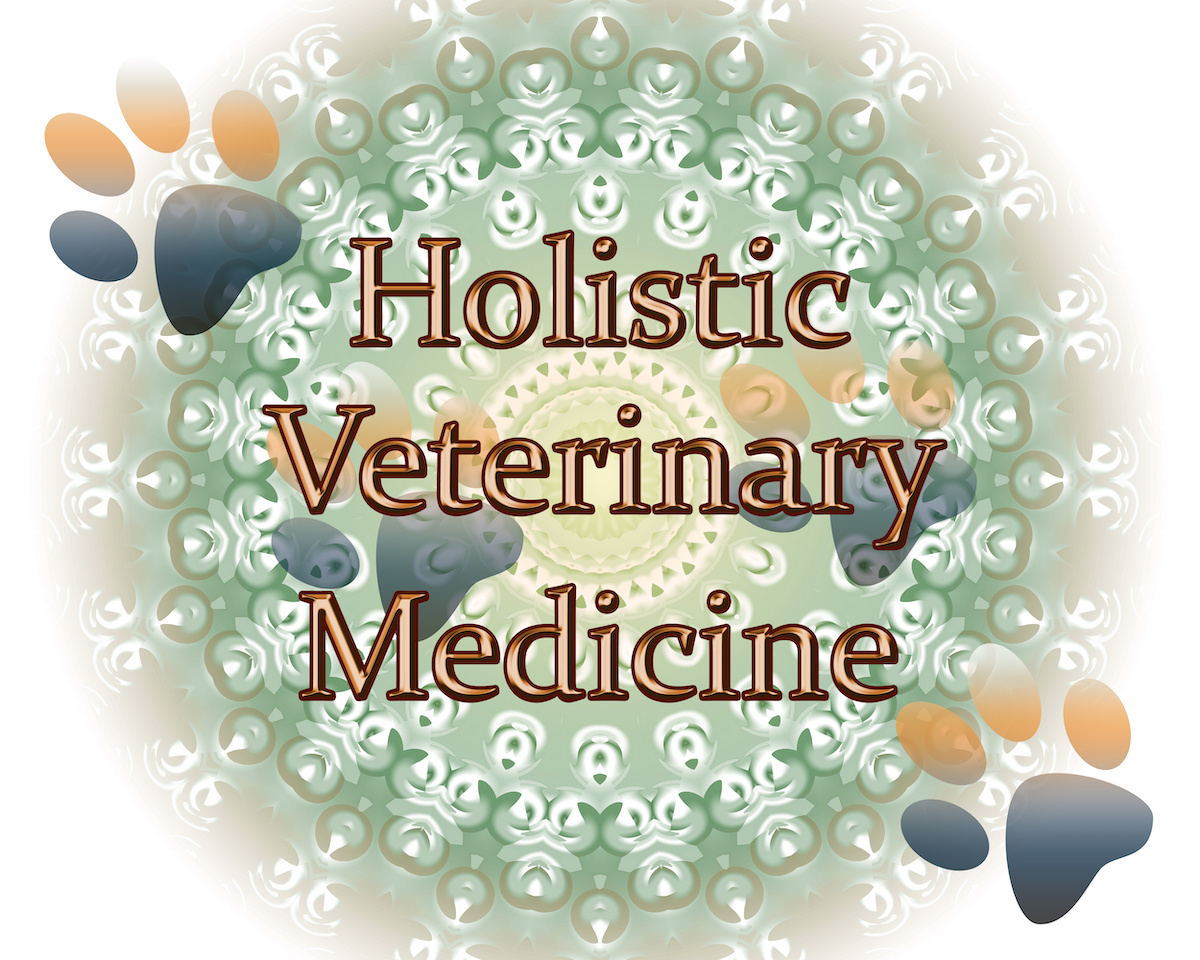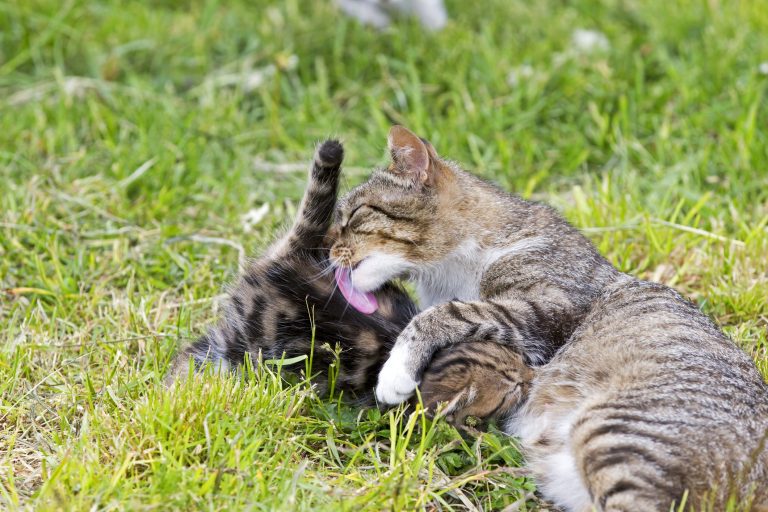
Holistic vets focus on natural remedies and alternative therapies, whereas conventional vets primarily use pharmaceuticals and surgical interventions. When choosing between holistic vets and conventional vets, it’s essential to consider your pet’s specific needs and personal preferences.
While holistic vets may offer a more holistic approach to animal care, conventional vets may provide a broader range of medical treatments and have access to advanced technologies. It’s essential to research and understand the principles and practices of each type of vet to make an informed decision for your pet’s health and wellbeing.
:max_bytes(150000):strip_icc()/Alycia-23bfdd6248f84637b8d0a64a607409a9.jpg)
Holistic Vets
When it comes to caring for our furry companions, we often choose between holistic vets and conventional vets. While conventional vets focus on using medications and surgeries to treat illnesses, holistic vets take a more natural approach to healthcare. This article will explore the world of holistic vets, their approach to healthcare, treatment methods, and their benefits and limitations.
Approach To Healthcare
Unlike conventional vets, who mainly treat symptoms, holistic vets take a whole-body approach to healthcare. They believe that the key to optimal health is to address the underlying causes of illness rather than just the symptoms. Holistic veterinarians view the body as an interconnected system where every aspect of health—physical, mental, and emotional—is intertwined. By examining the entire animal and considering factors such as diet, environment, and lifestyle, holistic vets aim to restore balance and promote long-term wellness.
Treatment Methods
When treating animals, holistic vets rely on various natural healing methods. These may include:
- Herbal medicine: Holistic vets often use herbal remedies to support the body’s natural healing process. These herbs are carefully selected based on their specific properties and are typically gentler on the body compared to pharmaceutical drugs.
- Acupuncture: This ancient Chinese practice involves inserting thin needles into specific points on the body to stimulate healing and relieve pain. Many holistic vets are trained in acupuncture and may use it as a treatment approach.
- Dietary changes: Holistic vets recognize the impact of nutrition on an animal’s overall health. They may recommend specific diets or supplements tailored to address particular health concerns.
- Physical therapy: Like humans, animals can benefit from various physical therapy techniques such as massage, hydrotherapy, and stretching. Holistic vets may incorporate these methods to aid in the rehabilitation process.
Benefits And Limitations
There are several benefits and limitations associated with holistic vets:
| Benefits | Limitations |
|---|---|
| – Emphasize preventive care | – May not be suitable for specific emergencies |
| – Focus on natural, non-invasive treatments | Limited scientific research on some holistic treatments |
| Consider the overall wellbeing- of the animal | The Availability of holistic vets may be limited in some areas |
| A Holistic approach may help uncover the underlying causes of illness | – Treatment outcomes may vary depending on the individual animal |
It’s important to note that every animal is unique, and what works for one may not work for another. It’s crucial to consult with both holistic and conventional vets to determine the best treatment for your furry friend.

Conventional Vets
Holistic veterinarians focus on treating the wellbeing of animals using natural remedies and alternative therapies. In contrast, conventional vets use traditional medical approaches and medications to treat pets’ health issues. Discover the critical differences between these two types of veterinary care.
Approach To Healthcare
Conventional vets, known as allopathic or Western medicine veterinarians, follow a traditional approach to healthcare. They focus on diagnosing and treating specific symptoms or ailments in animals. Their primary objective is to address the immediate issue and alleviate the animal’s discomfort.
Conventional vets typically rely heavily on pharmaceutical drugs and surgical interventions to treat various conditions. They are trained extensively in modern medical practices and often use diagnostic tools such as X-rays, blood tests, and ultrasounds to aid their diagnosis.
While conventional vets are skilled at treating acute illnesses and injuries, their approach tends to be more reactive than proactive. They primarily focus on symptom management rather than addressing the underlying causes of the animal’s health issues.
Treatment Methods
Conventional vets employ a range of treatment methods to address the health concerns of animals. Medications like antibiotics and anti-inflammatory drugs are commonly prescribed to manage infections and reduce inflammation. Surgical interventions may be necessary for certain conditions, including tumor removal, fracture repair, or organ transplant.
In addition to pharmaceutical drugs and surgeries, conventional vets may recommend other treatment options, such as physical therapy, rehabilitation, or prescription diets. These additional therapies are often used with medication or surgery to facilitate the animal’s recovery and improve wellbeing.
Benefits And Limitations
Conventional veterinary medicine offers several benefits, especially in emergencies requiring immediate intervention. Knowledge of modern medicine and technological advancements enables them to provide prompt and effective treatments for various ailments.
However, there are limitations to the conventional approach as well. While medications and surgeries can be life-saving, they often come with potential side effects. Moreover, traditional medicine may not always address the root cause of the animal’s condition, leading to recurring health issues.
Additionally, the reliance on pharmaceuticals and invasive procedures may not align with pet owners, who prefer more natural and holistic approaches to their pet’s healthcare. Conventional veterinary practices may not always emphasize preventive measures and alternative therapies focusing on maintaining overall wellness.
In conclusion, conventional vets are essential in providing immediate care and treating acute health issues in animals. However, their approach may not always align with pet owners seeking a more holistic and proactive approach to their pet’s wellbeing-. Pet owners must carefully consider their options and choose the veterinary care that best suits their pet’s needs.
Choosing The Right Vet
Learn the differences between holistic and conventional vets to make an informed choice regarding your pet’s healthcare. Discover everything you need about the two approaches and find the right vet for your furry friend.
Considerations For Pet Owners
Several essential factors must be considered when choosing the right vet for your furry friend. These considerations will help you find a veterinarian who aligns with your values and provides the best care for your pet.
Seeking Recommendations
Seeking recommendations from trusted sources can be a great starting point in your search for a vet. Contact friends, family, and fellow pet owners for their insights and personal experiences. Consider asking people with similar values and attitudes toward pet healthcare. Their recommendations may lead you to a vet understands your needs and preferences.
Meeting The Vet
Once you have a list of potential vets, meeting them in person is crucial. Schedule a visit to their clinic and take note of the following:
- The cleanliness and organization of the facility
- The demeanor and friendliness of the staff
- The vet’s communication style and ability to address your concerns
- The Availability of emergency services or after-hours care
Ask about their experience and area of expertise. It’s essential to ensure they have the knowledge and skills to handle any specific conditions or treatments your pet may require. Feel free to discuss your pet’s health history and any concerns you may have. Open and transparent communication is vital for building a trusting relationship with your vet.
Remember, finding the right vet is a crucial decision for your wellbeing. By considering these critical factors and seeking recommendations from trusted sources, you can make an informed choice that will give your pet the best care possible.

Frequently Asked Questions Of Everything You Need To Know About Holistic Vets Vs. Conventional Vets
What Is The Difference Between Holistic Vets And Conventional Vets?
Holistic vets treat the whole pet, address underlying causes, and use natural therapies, while conventional vets typically use pharmaceuticals to treat specific symptoms.
Are Holistic Treatments Safe For My Pet?
Yes, holistic treatments are generally safe for pets. They often use gentle, natural methods such as acupuncture, herbal medicine, and nutritional therapy, which can have fewer side effects than pharmaceutical drugs.
Can Holistic Vets Diagnose And Treat All Pet Ailments?
Holistic vets can diagnose and treat many pet ailments, including chronic conditions and behavioral issues. However, conventional vets may be better suited for emergencies or complex surgeries due to their advanced medical technology and resources.
Are Holistic Treatments Effective?
Holistic treatments can be highly effective, especially for chronic conditions that may not respond well to conventional therapies alone. However, the effectiveness may vary depending on the pet and the specific ailment being treated.
Conclusion
Ultimately, the choice between holistic and conventional vets depends on your preferences and beliefs about healthcare for your furry friend. Holistic vets offer a more natural and holistic approach to pet care, while conventional vets rely on the traditional Western medicine approach.
Finding a vet you trust and feel comfortable with is essential, whatever path you choose. In the end, wellbeing? It is your beloved pet’s wellbeing and happiness.




